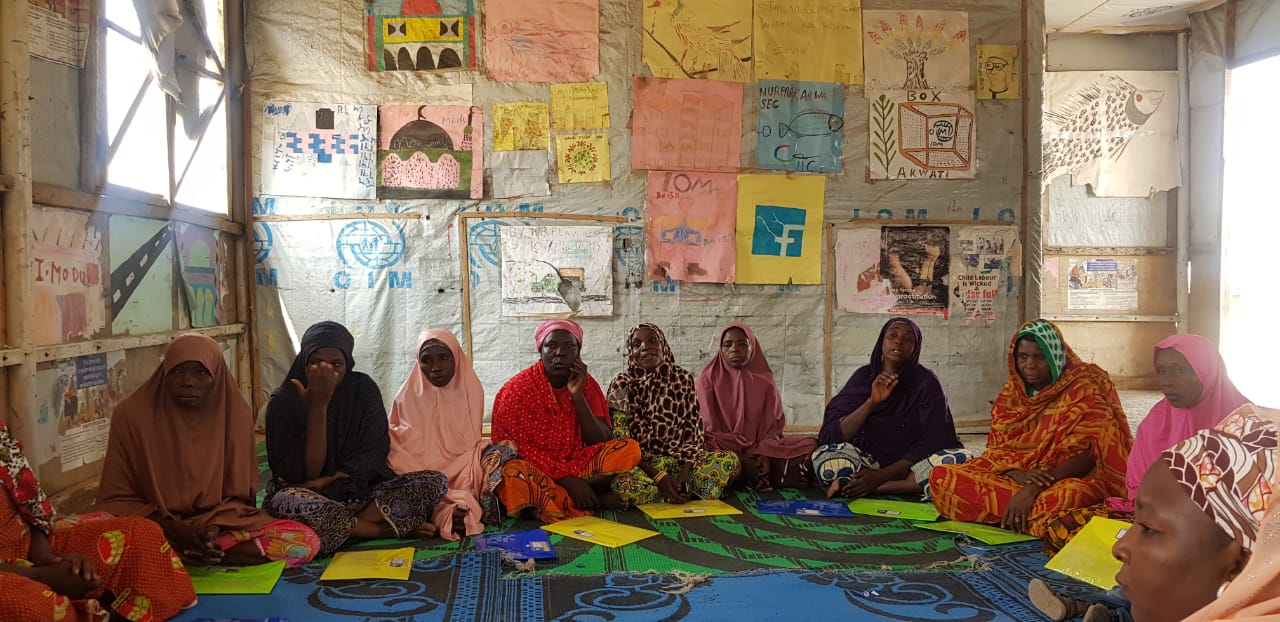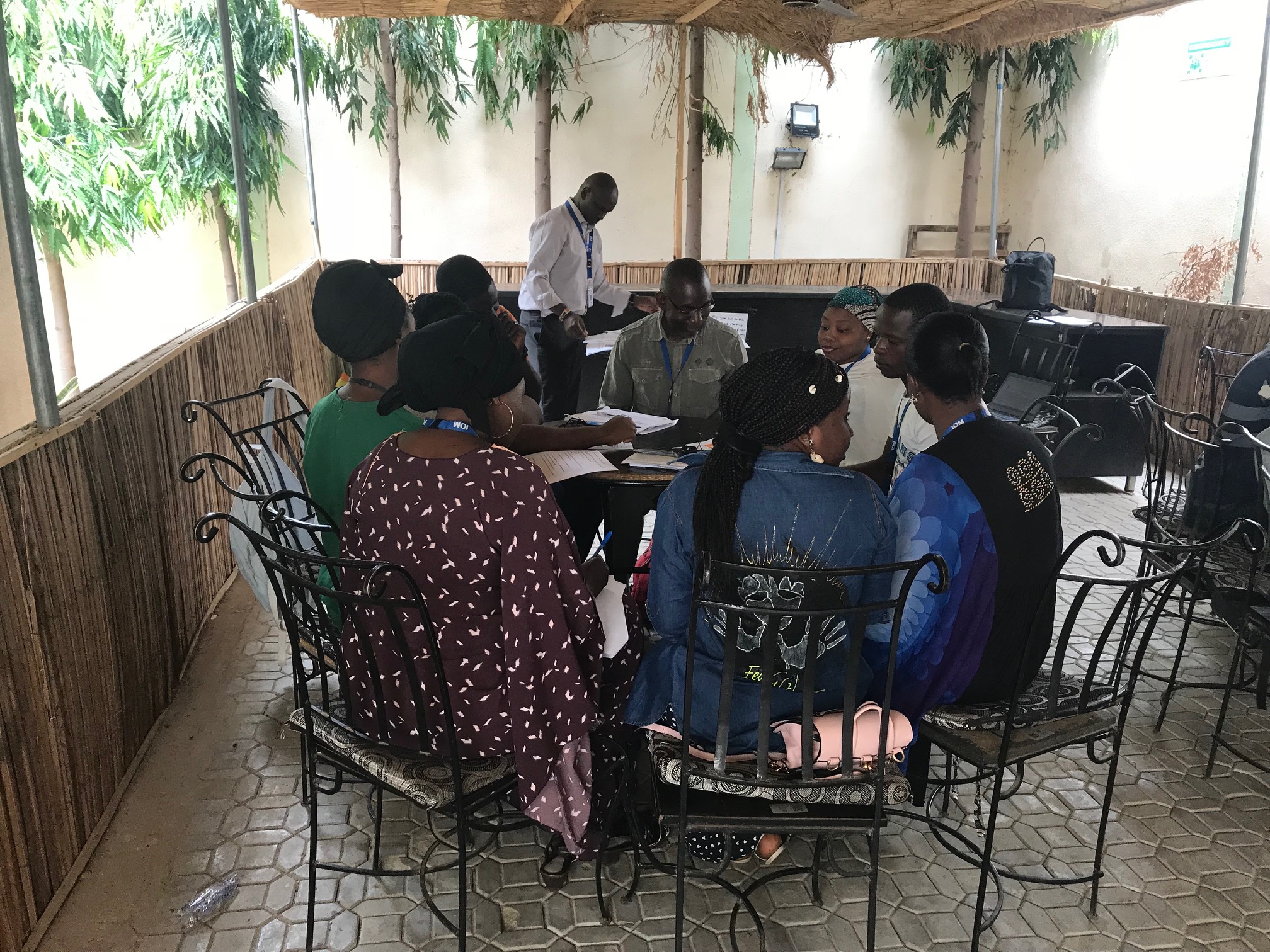Since 2009, when the crisis started in Northeast (NE) Nigeria, more than 27,000 people have been killed, and more than ten years later, 7.1 million people remain in need of humanitarian assistance. According to IOM’s April 2016 Displacement Tracking Matrix (DTM) report, Adamawa State hosts 150,718 IDPs as a result to the Boko Haram insurgency across Northeast and North Central Nigeria as well as communal clashes and natural disasters affecting parts of the country. The vast majority of IDPs live in host communities, with friends and relatives or in rented/donated houses. Borno state has the greatest percentage of the 1.9 million IDPs. According to the latest DTM report from February 2020, 80% of IDPs population are women and children. New waves of displacement continue with some 6,178 people forced from their homes since the start of 2020 to end of June 2020 in Borno State, triggered mainly by Non-State Armed Groups (NSAGs) attacks and military operations. International humanitarian actors do not have access to an estimated more than 800,000 people in areas in northern Borno state under the control of NSAGs. There are a total of 284 formal and informal camps throughout NE Nigeria and IOM is currently acting as the camp management agency in 94 of these sites, in some cases this in in conjunction with local authorities. Boko Haram insurgency resulted in mass abduction, including of women and girls, indiscriminate killings, sexual violence and slavery. These attacks against civilians intensified in 2014, mostly targeting Borno and Adamawa States. Women and girls remain particularly affected by these attacks and subsequently experience multiple displacements. In addition, the Nigerian cultural traditions carry harmful practices against women and girls, such as female genital mutilation, forced marriage and widowhood practices. Due to entrenched, patriarchal tradition within the society, women and girls also suffer from domestic violence and early marriage.
Nigeria
BASELINE REPORT - NIGERIA, 2016
ENDLINE REPORT NIGERIA
Photo gallery of the country


